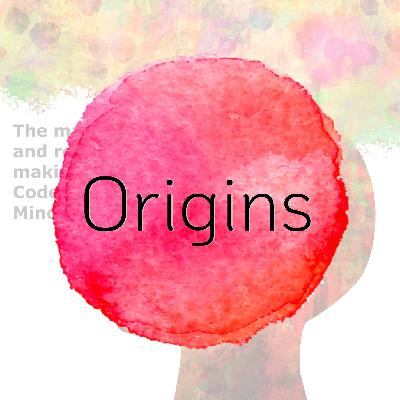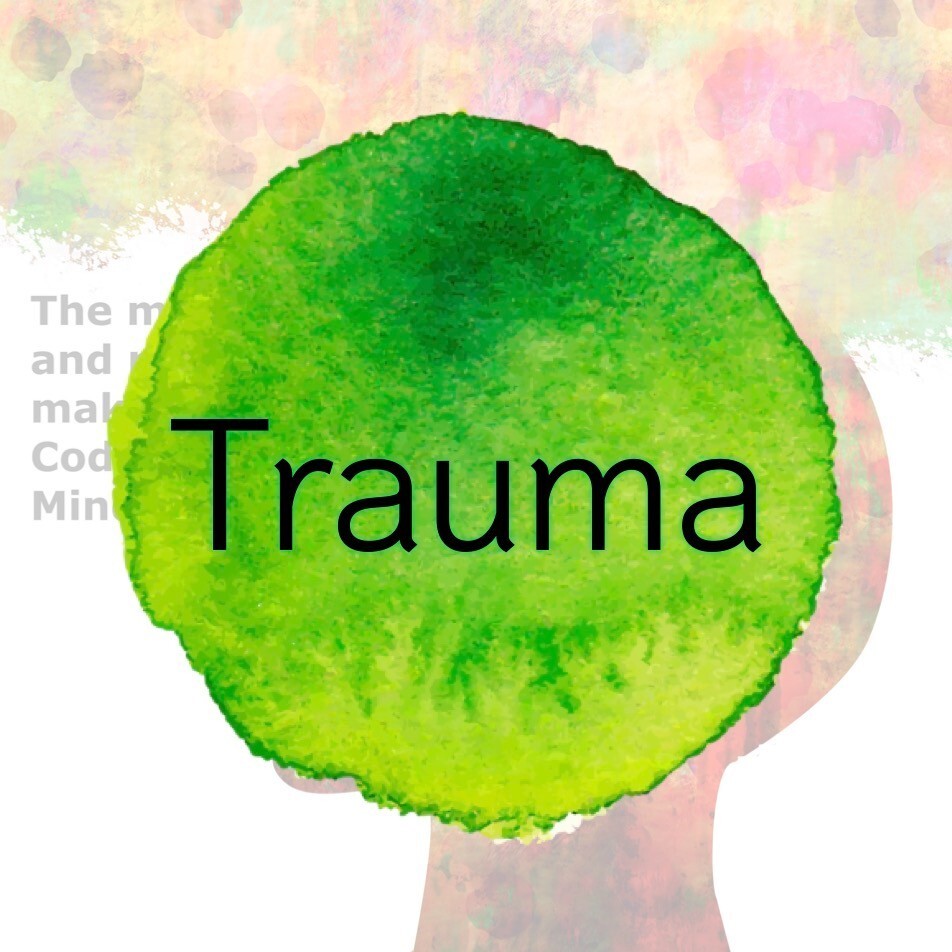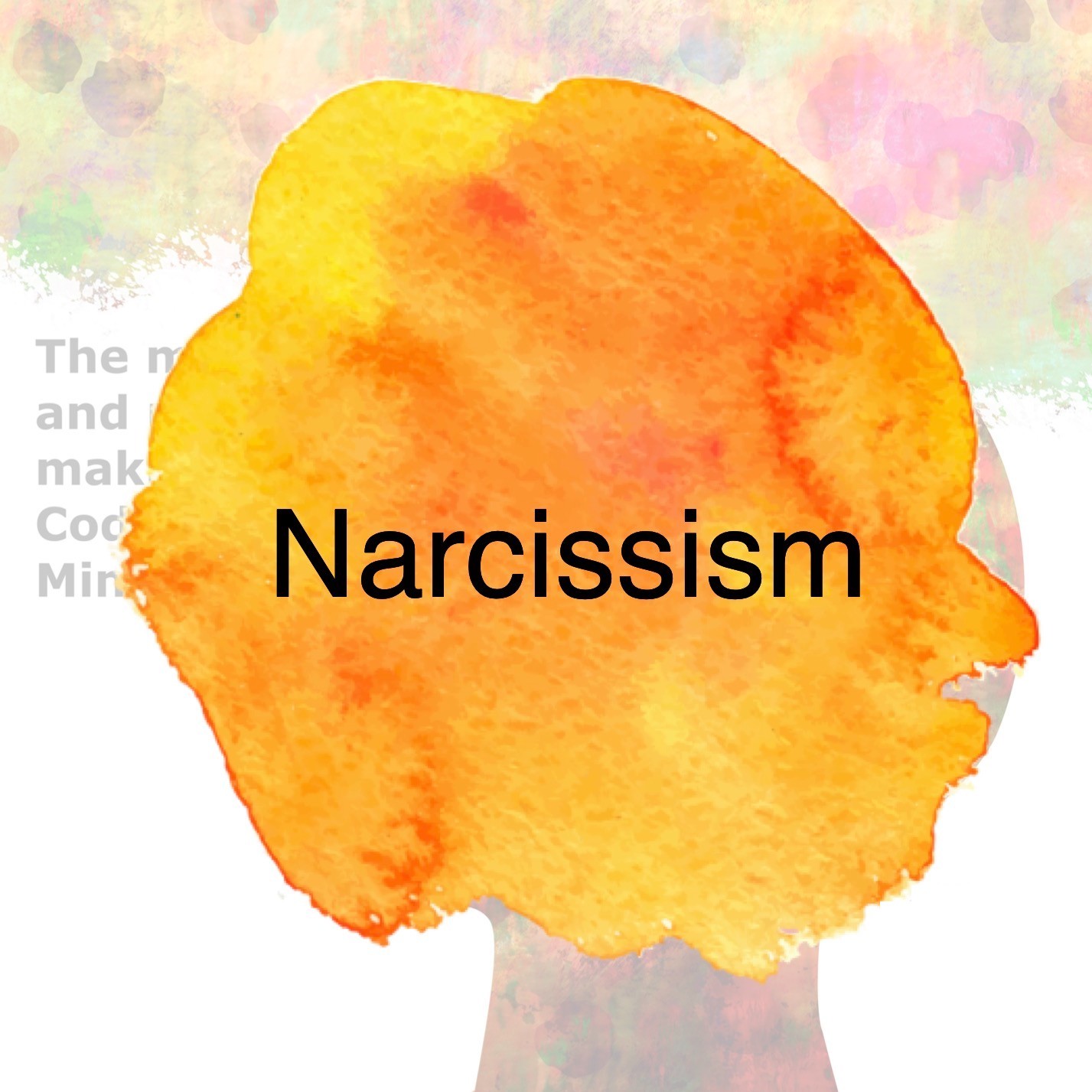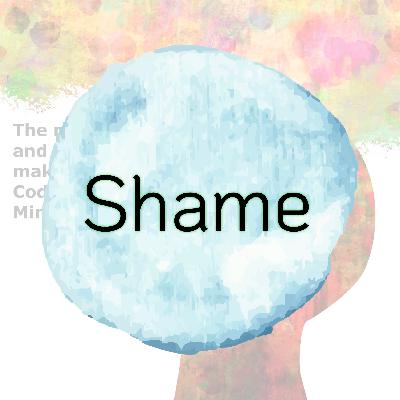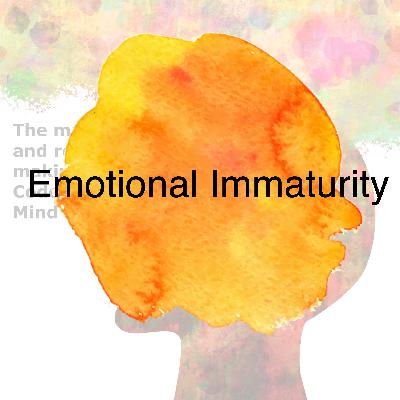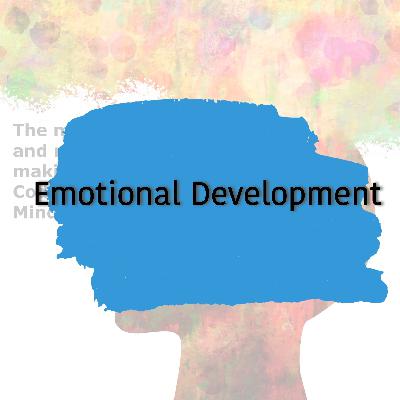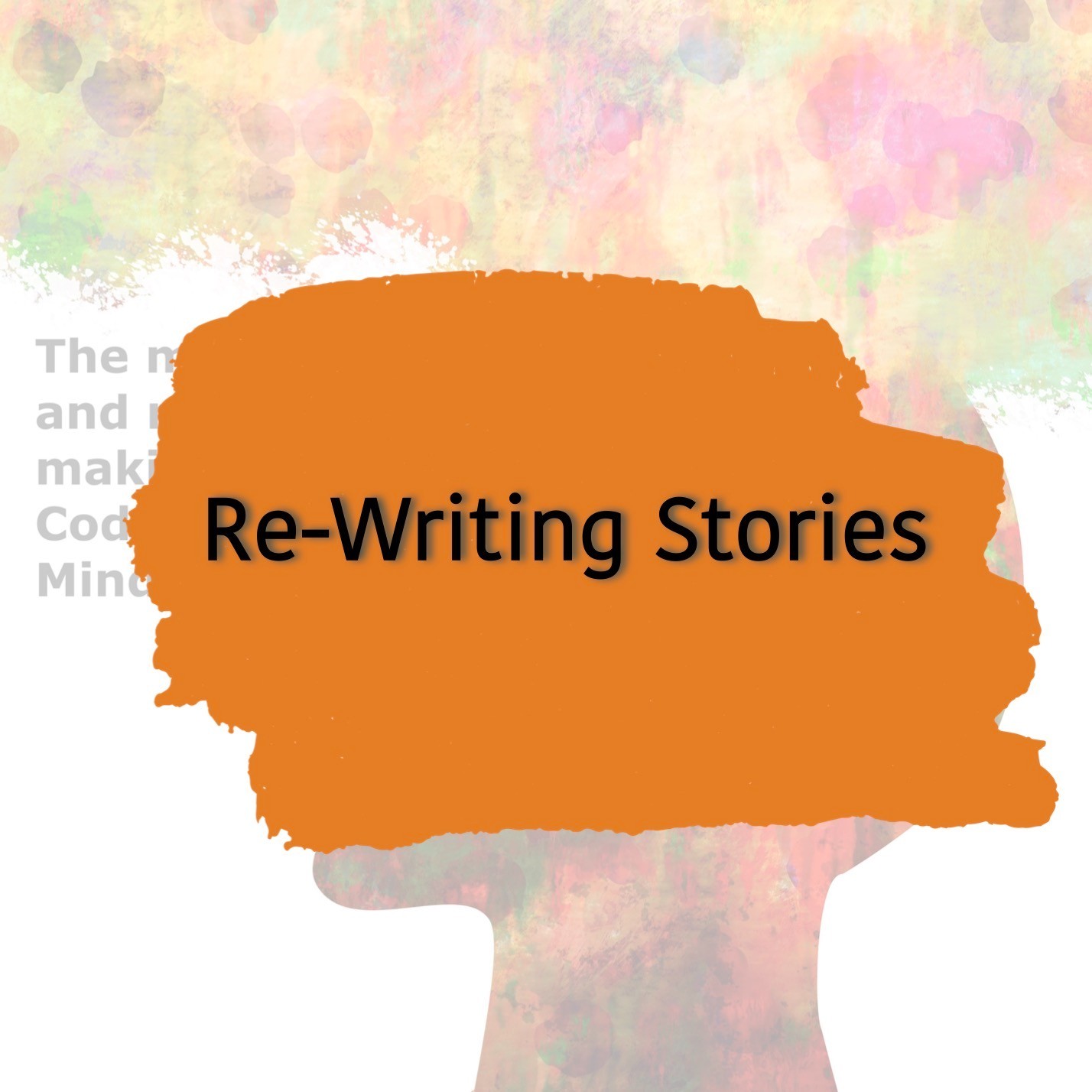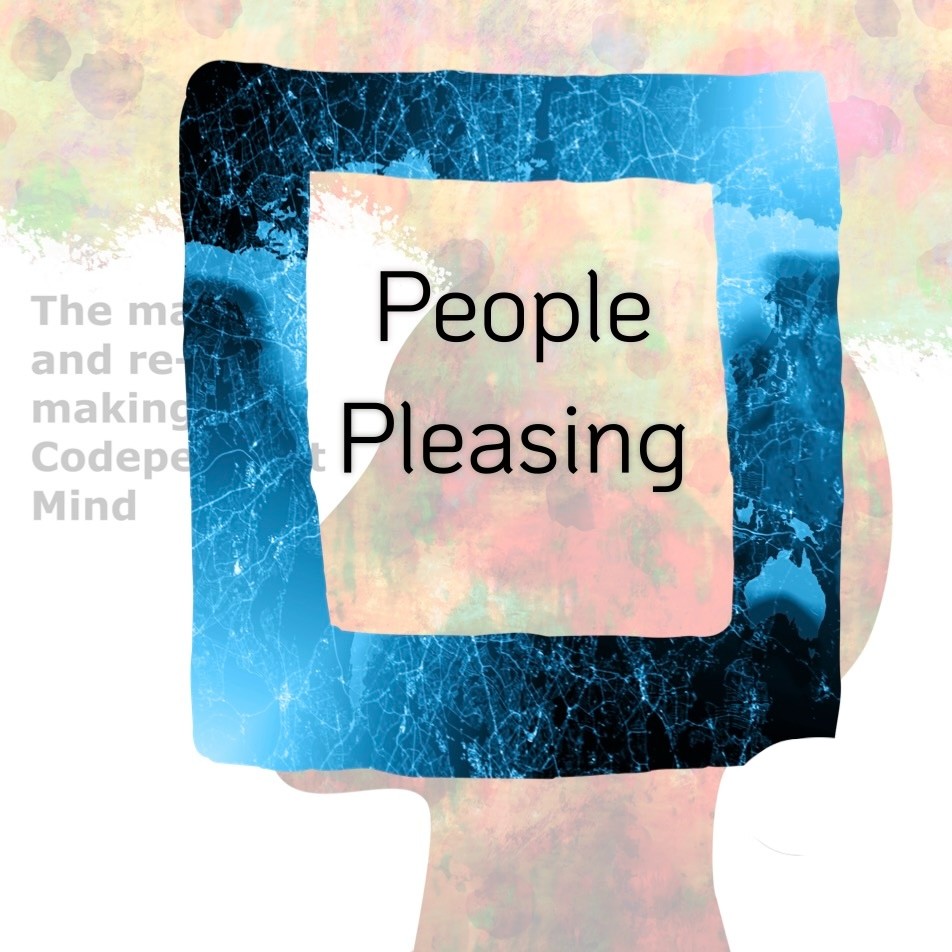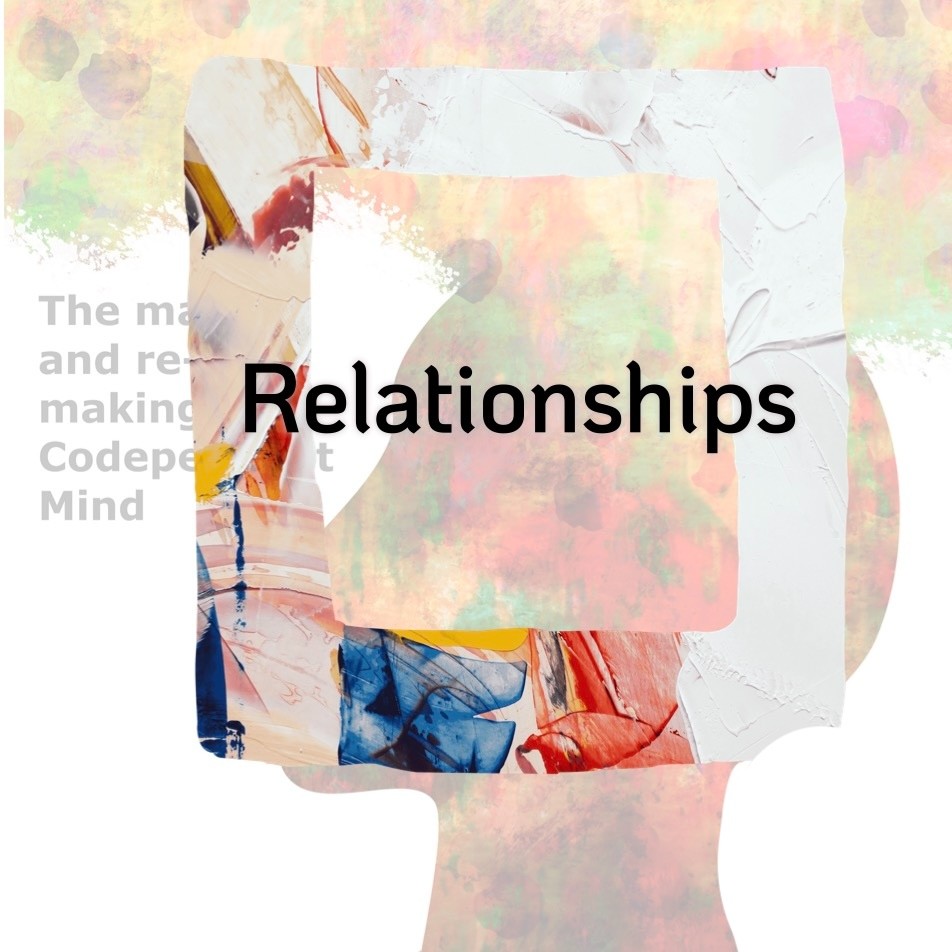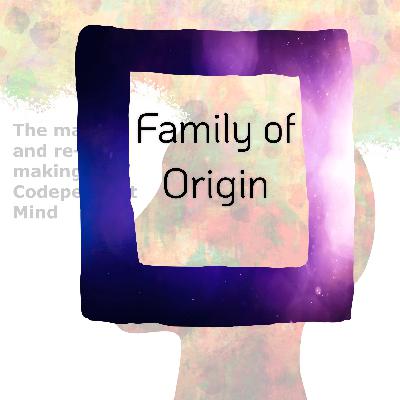S2 - #4 Healing from Codependency - Breaking the Powerlessness Habit
Description
Even after largely healing from the trauma that started Brian down the path of codependency, he was still left with the behaviors that formed in response to that trauma. So although the source of the codependency had been removed, the symptoms, the habituated behaviors, lingered and kept showing up in his relationships in the form of a default sense of powerlessness. In this episode, we discuss what he is doing to finally kick the powerlessness habit.
Get even more guidance in healing from codependency. The paperback, audiobook and eBook is now available on Amazon - https://www.amazon.com/dp/B0CYB1K31V
Transcript
0:00
Hey Hello, this is Stephanie and this is Brian. Welcome to our podcast the making and the remaking of a codependent mind.
Brian 0:13
This is season two, episode four. And we've kind of come full circle at this point to back to the topic of codependency itself.
Stephanie 0:21
So this episode entitled healing codependency, breaking the powerlessness habit, we are going to discuss the specific behaviors, again, that make up the phenomena of codependency, behavior habits that form in response to trauma, abuse or neglect, and how you are trying to break those codependent behavior habits,
Brian 0:47
right for me, those behaviors were formed in response to that five year childhood friendship that we talked about several times throughout this series from when I was about four years old to when I was about 10. And how those behaviors were reinforced, or really kind of amplified by my family dynamic, specifically, my dad's behavior.
Stephanie 1:05
And then as you moved into adulthood, you brought those behaviors into pretty much every interpersonal relationship you had, you would assume responsibility for meeting other people's needs to the exclusion of acknowledging your own needs or feelings. And when the other person had a disordered personality, for instance, a narcissist or narcissistic tendencies, it had especially disastrous results. Yeah.
Brian 1:30
And although, you know, even when I was trying to relate to so called Healthy People, the behaviors didn't really serve me well, then either. So let's go back
Stephanie 1:40
to episode one of season one, that list of behaviors that you read out, in the very first episode that form this phenomena of codependency.
Brian 1:54
Yeah, okay. There is the feeling of responsibility for the emotions and actions of others. There's caretaking, people pleasing, struggling to set boundaries with other people. There's low self esteem and self worth, usually kind of a denial of autonomy or even identity. There's a trouble expressing emotions, kind of a fear of emotions really, or again, it's kind of back to this denial of autonomy. Did I have emotional autonomy and notional autonomy in this in this case, yeah. And then there's denying big picture or even situational problems like so there's where the storytelling and the dishonesty and compartmentalization come in. And then finally, enmeshment. In relationships with personality disordered chemically dependence or other codependence are really impulse disordered individuals. So people who trigger all these above behaviors, or at least somehow don't challenge them, when I come in contact with these people.
Stephanie 2:52
Hearing that list, again, it strikes me that the previous three episodes of the seasons of the first three episodes of this season really dealt with what you did to address the last four items on that list. So that's again, low self esteem, like denial of identity, trouble expressing emotions, fear of emotions, denying big picture, you know, it's developed, as you said, storytelling and normalization, and then investment in relationships. So these first three episodes, we talked about how you recognize and remove yourself from abusive relationships, how you repaired your emotional system and got over your fear of certain emotions and reconnected to your emotions, and then how you rewrote the stories that were keeping you in denial, and keeping you in meshed really, with disordered people, even when they weren't in your life anymore.
Brian 3:51
Yeah, so that kind of lays the groundwork for the healing really, more or less. But then what we're left with here is really the first four items on this list. So let me read these again, that feeling responsible for the emotions and actions of others, caretaking, people pleasing and struggling to set boundaries. These kinds of needs require us a different approach than then what we talked about in these first few episodes,
Stephanie 4:15
in that they were unconscious habitual responses, yeah, that you had to other people. And again, when those people were narcissists or other disordered people, they immediately exploited those tendencies. I want to go back to something we talked about in the first episode of the whole series, the word codependency itself as a kind of problematic word, as we said, coming out of addiction literature, so you had people who were seen as chemically dependent or alcohol dependent, and then people who were in relationship with them, and were enablers of them. Were caretaking them they were seen as codependence right kind
Brian 4:57
of like, as if these people became dependant on the caretaking itself. And really that's all it came down to in that early description of what codependency was.
Stephanie 5:07
Some of the issues are that the word dependency suggests a need. And then addiction we often see the word addiction and use that word is kind of proxy for intense craving, or desire. Right? And neither of those were really applicable in your case. In your case, you were replaying that original abusive relationship.
Brian 5:33
Right. Yeah, it isn't really accurate for me to say that I was addicted to these types of relationships, or even that I was somehow attracted to these type of people like, like, I think this is a common thing that people say, in response to codependent people, what it came down to, for me was that, because of my lack of self awareness, anytime a person came along, that basically triggered my trauma responses and or activated my codependent behaviors, I would just lean into those behaviors because I would become overwhelmed by the subconscious responses. So those behaviors would take over. And I would put all my efforts into essentially taking care of those people at whatever cost because, as you said, I was replanting the G relationship
Stephanie 6:13
in this habitual, unconscious way. Yeah, we had a whole episode on shame. Because it was so central to keeping you stuck, replaying that relationship, and it is one of the most painful emotions. And I guess powerlessness is not technically an emotion. But feeling powerless is super painful, in that it creates a whole cluster of these painful emotions. Yeah, you know, fear possibly being the primary one. It's really terrifying to feel powerless, right. But it can also generate shame and despair, all of these debilitating emotions. And it's potentially at the root of what makes an unpleasant or awful event into a traumatic event. That feeling of powerlessness in the face of what had happened. Yeah, exactly.
Brian 7:05
I definitely felt powerless in that childhood friendship. And then the echoes of that powerlessness kind of just took over from there. And it just infected everything from there forward.
Stephanie 7:16
And these behaviors, the caretaking, the people pleasing, were this effort to get out of this terrifying powerlessness state. Yeah. So habits, even benign ones are hard to break. Yeah, right. But you're faced with breaking these behavior habits, that were so critical in making yourself feel safe as this young child in this perilous situation. So how do you stop doing these behaviors? When, for so long? They were a source of a sense of safety for yourself,
Brian 7:57
seemingly anyway. Well, one of the big things that we've mentioned several times throughout this series is this idea of personal agency.
Stephanie 8:07
Yes. So being tied to personal power. These two concepts go very closely together. If you have a sense of agency, you have a sense of personal power, you have a sense that you can enact changes in the world. Yeah, so you desire,
Brian 8:22
right, it really goes hand in hand with regaining power. So this feeling pervasive feeling of powerlessness that I felt all those years becoming an agent, as we call it, is regaining that power. So the idea of becoming an agent involves several things, it isn't just a matter of, oh, suddenly, I feel powerful, you know, it requires first self awareness. Like, who am I?
Stephanie 8:48
There needs to be an agent there. Yeah, you need to? Yeah, you need to be able
Brian 8:51
to identify what the agent is, what are my values? What are my core values that really, I had been denying myself for so long, just kind of ignoring them? You know, because I felt like I had no power to really enact or work towards my values. And then what types of relationships do I want? What What kind of people do I want to be involved with, you know, not just romantically, but just in general, like, Who do I want to associate with? And then following that, what are my emotions telling me then? So part of what we talked about in one of the first three episodes here is being able to read the signals that my emotions are giving me, but I need to know who I am to know what those signals are otherwise, like, I don't, if I feel angry, great, I'm identifying that I feel angry. But what am I angry at? Why am I angry? I need to know what


